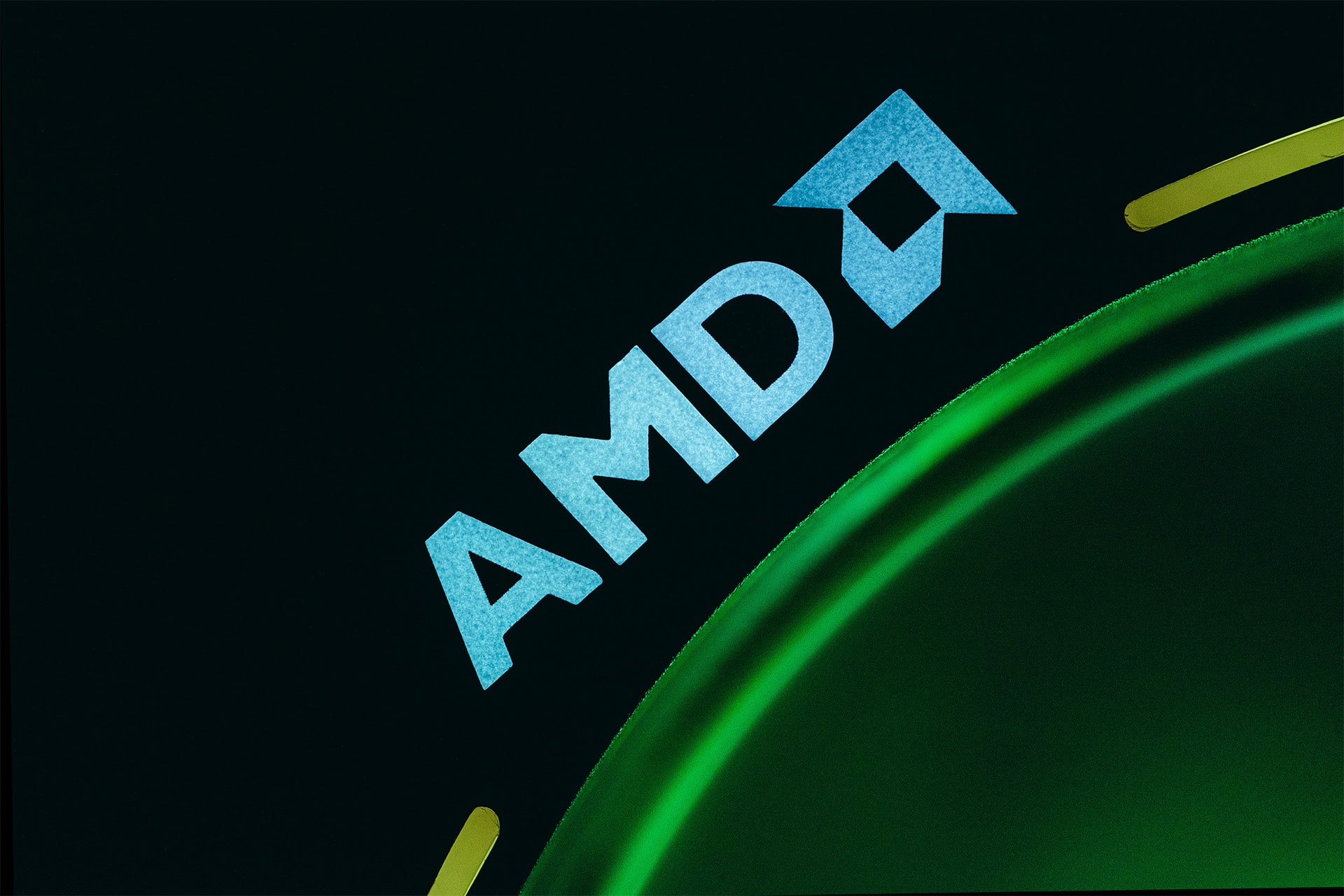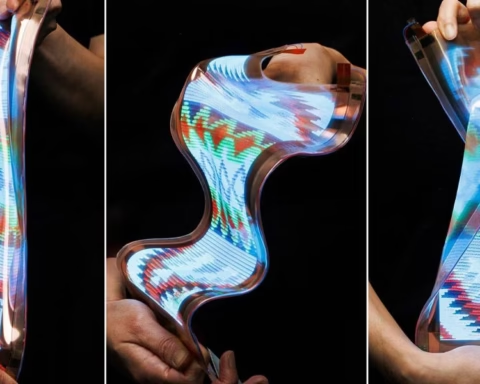According to Reuters, Nvidia is in the process of developing Arm-based CPUs for Windows PCs, signaling a potential significant expansion of Microsoft’s Windows on Arm initiative. If all goes according to plan, we might see both Nvidia and AMD unveiling their PC chips around the year 2025.
Up until now, Microsoft has maintained an exclusive partnership with Qualcomm for Arm-based iterations of Windows 11. Qualcomm is currently gearing up for a significant Snapdragon launch, expected to fuel the forthcoming flagship phone from Samsung. According to Reuters, Microsoft executives, including Vice President of Windows and Devices Pavan Davuluri, are set to be a part of Qualcomm’s announcement tomorrow.
The first Surface tablet from Microsoft, the Surface RT, ran on Nvidia’s Arm-based Tegra processor. However, the Windows RT operating system did not leave a lasting mark, despite attempts by Lenovo, Asus, Samsung, and Dell to promote Arm-based Windows devices. Since then, there has been a noticeable absence of Nvidia Arm-based devices running Windows, mainly because Qualcomm’s strong collaboration with Microsoft has led to the development of specialized processors for Surface Pro tablets.
The prospect of AMD and Nvidia teaming up with Qualcomm for Arm-based Windows devices adds a new layer of competition that could intensify the pressure on Intel. Intel faces the challenge of producing chips that can effectively rival Apple’s own silicon. In recent times, Intel-based laptops have lagged behind in terms of both battery life and performance compared to Apple’s M1 and M2 chips. With the upcoming release of Meteor Lake CPUs in December, Intel aims to make a renewed effort to compete with Apple’s advancements in the chip arena.
Microsoft has collaborated with Qualcomm in co-engineering an Arm-based SQ1 processor for the Surface Pro X, followed by a SQ2 variant. Additionally, AMD partnered with Microsoft to develop a customized version of its Ryzen processor for the Surface Laptop 3. Reports also suggest ongoing collaboration between AMD and Microsoft in the realm of AI chips.





